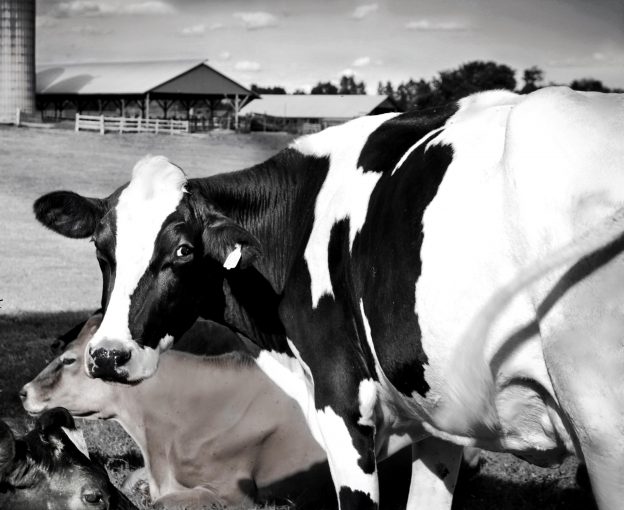The call for 2017 Globalink Research Internship (GRI) faculty submissions is now open.
Professors can submit projects until June 16, 2016, at 5 p.m. PDT.
The Mitacs GRI is a competitive initiative for international undergraduates from Australia, Brazil, China, France, India, Germany, Mexico, Saudi Arabia, and Tunisia. From May to September of each year, top-ranked applicants participate in a 12-week research internship under the supervision of Canadian university faculty members in a variety of academic disciplines, from science, engineering and mathematics to the humanities and social sciences.
Mitacs GRIs are currently available at over 45 universities across Canada, including Western University. For more information, please click on “Information for Students” tab on the MITACS site, to see the list of universities hosting Globalink interns in 2016.
For more information visit the MITACS website and review the FAQs below.
Western University contacts for more information:
Zach Armstrong | 226.378.3162 | zarmstrong(at)mitacs.ca
Katie Facecchia | 519.560.1582 | kfacecchia(at)mitacs.ca
and
MITACS Globalink Facebook page
Professor FAQs
I submitted a project proposal and was not matched with a Globalink Research Intern. Why did this happen?
Globalink Research Interns may not be matched with a project due to one of the following:
- Students have not selected the project during the application process.
- Students do not have the appropriate skill set or experience to ensure a successful match with their selected project(s).
- The number of applicants exceeds the number of placements possible with available Globalink Research Internship funding.
Can I nominate a specific international student to become a Globalink Research Intern and work on my research project?
No. Globalink Research Internships are highly competitive. Students must apply during the call for student applications. If eligible for the program, students are further evaluated and shortlisted. Students can be matched with any project that best suits their research interests and experience.
What countries does the Globalink Research Internship partner with?
For 2017, we accept student applications from select universities in 9 countries: Australia, Brazil, China, France, Germany, India, Mexico, Saudi Arabia, and Tunisia.
Which disciplines is a Globalink Research Internship open to?
Globalink Research Internships are open to all academic disciplines including humanities, social sciences, and STEM disciplines.
I submitted a research project to Globalink for the summer of 2017. What is the status?
We are building the capacity to inform professors of the status of their application. Until this becomes available, please refer to our Globalink Cycle and Important Dates section.
Can I have more than one Globalink Research Intern placement per year?
Mitacs encourages professors to submit multiple projects, as this may increase the chance of a successful match. Placements are determined by student preference and as such, Mitacs cannot guarantee that projects will be matched until the final results are announced in January
Does the Globalink Research Internship provide funding for professors who host Globalink Research Interns?
No, we do not provide financial compensation to host faculty members. All funds are given to the student directly.
I’m a postdoctoral fellow. Can I host a Globalink Research Intern?
In order to host a Globalink Research Intern, you must be an official faculty member at one of our participating institutions.
Can professors from any Canadian universities apply for Globalink Research Internships?
Yes, professors from all universities are eligible to apply.
Can a Globalink Research Intern conduct their research off campus?
Typically, Globalink Research Internships take place on the host institution’s campus. Please contact the Globalink Research Internship team for special considerations at https://mitacs.freshdesk.com/










